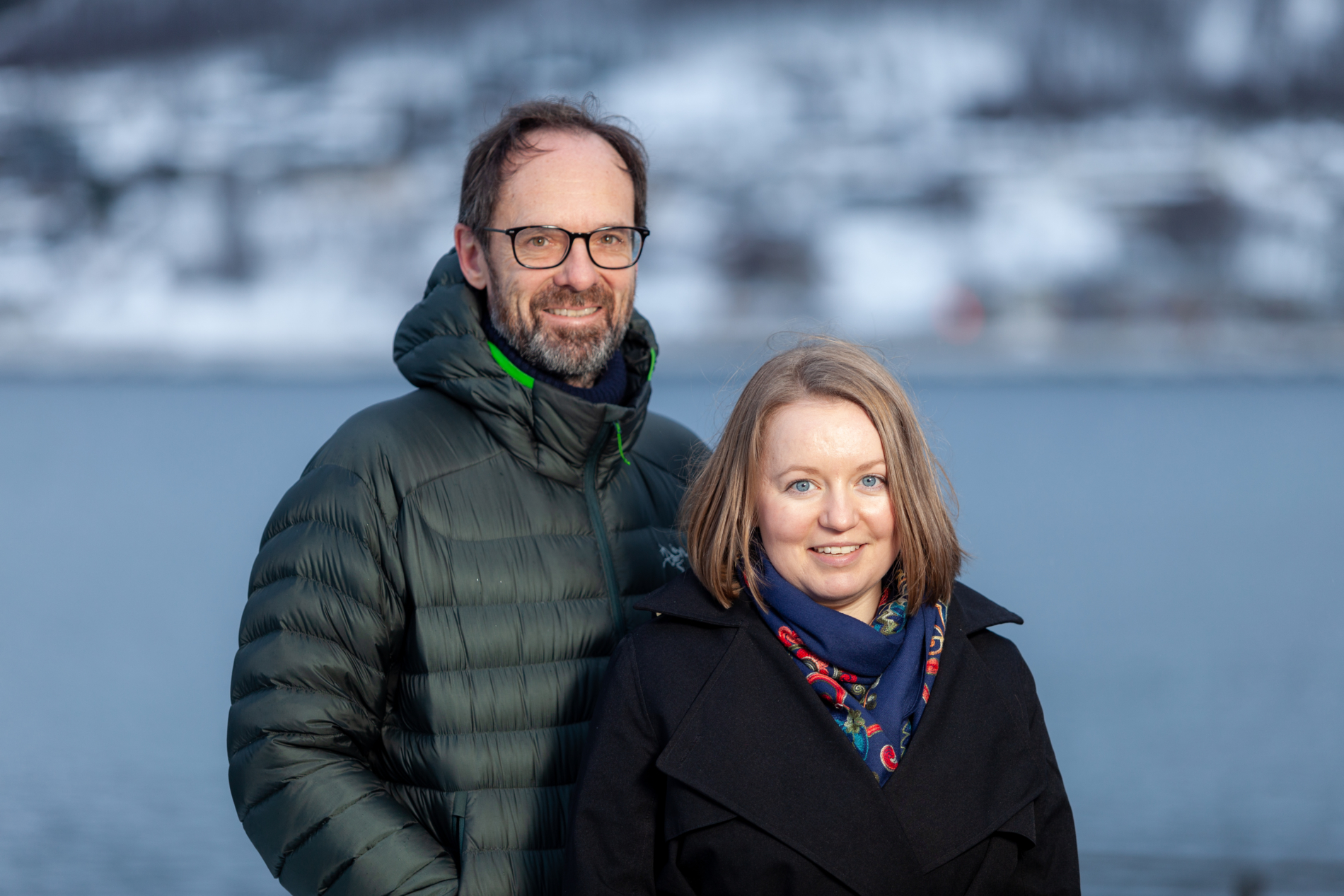The take-home message is that clean, productive oceans require holistic approaches that put the ecosystem first.
As part of the efforts of the High Level Panel for a Sustainable Ocean Economy, initiated by Prime Minister Erna Solberg, Centre for the Ocean and the Arctic is a central contributor to a report on integrated ocean management. The report – one of 16 “blue papers” – provides fundamental knowledge supporting recommendations to be delivered to the UN by the 14 heads of government who constitute the High Level Panel.
Norway is represented on the international team of authors by Jan-Gunnar Winther and Therese Rist from Centre for the Ocean and the Arctic, along with Alf Håkon Hoel from UiT The Arctic University of Norway and the Institute of Marine research.
Good ocean management involves safeguarding the ocean’s health to enable sustainable harvesting and economic growth. The report examines integrated ocean management in different parts of the world. The main conclusion is that holistic, knowledge-based ocean management that prioritises ecosystems is necessary to ensure continued value creation as oceans come under increasing pressure. Climate change poses the most serious threat to future harvests from the oceans.
Successful ocean management has some clear similarities worldwide, but adapting strategies to local conditions is also crucial.
“We have analysed how ocean management is done in parts of the world that differ in terms of geographic extent, economic activities, climate, regulations, and political system: Philippines, Indonesia, China, Malaysia, Norway, Papua New Guinea, Soloman Islands, Seychelles, United States, and East Timor. A common feature for successful ocean management is local participation and that management strategies are adapted to local conditions. Although we can learn a lot from how oceans are managed in different regions, we find no single management model that can be used everywhere. One size doesn’t fit all,” says Jan-Gunnar Winther, director of Centre for the Ocean and the Arctic, who is lead author of the report.
The report also highlights principles that benefit ocean management regardless of location and context. These include research and use of knowledge, involvement of public and private sectors and civil society, knowledge transfer and capacity building, implementation of existing regulations on specific sectors, and development of forward-looking management tools for commercial activities in a changing climate.
In addition to this comprehensive report, a shorter version will be published in the highly regarded journal Nature.
“Contributing towards developing sustainable ocean enterprise under the auspices of the High Level Panel is a privilege,” says Winther.
The report was presented at a digital seminar Wednesday 20 May, and will be launched in Norwegian Tuesday 26 May at 10 am.

